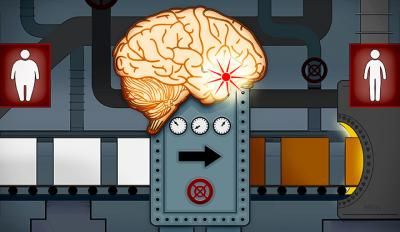Exelixis and Sankyo Sign Collaboration Agreement to Develop Novel Therapies for Cardiovascular Disease
Advertisement
Exelixis, Inc. and Sankyo Company (a wholly owned subsidiary of DAIICHI SANKYO COMPANY, LIMITED) announced a collaboration agreement to discover, develop and commercialize novel therapies targeted against the mineralocorticoid receptor (MR), a nuclear hormone receptor (NHR) implicated in a variety of cardiovascular and metabolic diseases. Two MR antagonists have already been approved by the U.S. food and Drug Administration for the treatment of hypertension and congestive heart failure.
Under the terms of the agreement, Exelixis will receive a $20 million upfront payment upon signing of the agreement. In addition, Exelixis is entitled to receive research funding, substantial development, regulatory and commercialization milestone payments as well as double-digit royalties on the sale of any products commercialized under the collaboration. After the joint research term, Sankyo will be responsible for all further preclinical and clinical development, regulatory, manufacturing and commercialization activities for the compounds.
MR is a member of the NHR superfamily and is expressed in a variety of tissues including kidney, heart, brain and smooth muscle. Compounds that inhibit activation of MR (antagonists) are used to treat hypertension and congestive heart failure due to their vascular protective effects. Recent studies have also shown the beneficial effects of adding MR antagonists to the treatment regimen in Type II diabetic patients with nephropathy. Exelixis has developed a series of non-steroidal, small molecule, receptor specific, potent MR antagonists with good bioavailability and an excellent pharmacokinetic profile in preclinical models that have the potential to offer therapeutic advantages over existing therapies for the treatment of hypertension, congestive heart failure and end organ protection due to vascular damage.
Most read news
Other news from the department business & finance

Get the life science industry in your inbox
By submitting this form you agree that LUMITOS AG will send you the newsletter(s) selected above by email. Your data will not be passed on to third parties. Your data will be stored and processed in accordance with our data protection regulations. LUMITOS may contact you by email for the purpose of advertising or market and opinion surveys. You can revoke your consent at any time without giving reasons to LUMITOS AG, Ernst-Augustin-Str. 2, 12489 Berlin, Germany or by e-mail at revoke@lumitos.com with effect for the future. In addition, each email contains a link to unsubscribe from the corresponding newsletter.



























































